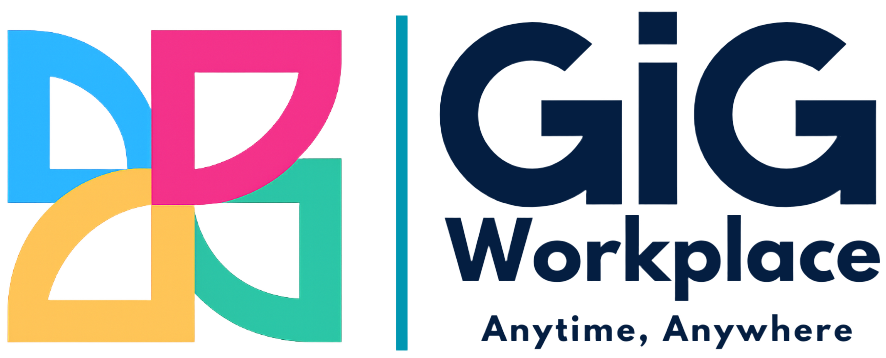🧠 Ace the Interview: Mastering the Skills That Get You Hired
Walking into an interview can feel like stepping into a spotlight—you’ve got one shot to make a lasting impression. But here’s the truth: interviews aren’t just about answering questions, they’re about telling your story with confidence, clarity, and credibility.
In this blog, we’ll break down the top interview skills, with real-life examples, actionable tips, and expert resources (YouTube videos + articles) to help you walk in prepared—and walk out successful.
🎯 Why Interview Skills Matter
Whether it’s a startup founder or an HR manager, every interviewer is asking:
“Is this person a good fit, not just on paper—but in person?”
Your resume gets you the interview.
Your interview skills get you the job.
🛠️ Top Interview Skills (with Tips & Real-Life Examples)
✅ 1. Preparation = Confidence
Tip: Research the company, role, mission, and recent news.
Example: If you’re interviewing at Google, know their latest AI product or a recent blog post on Google AI Blog.
Practice: Prepare 3 reasons why you’re a good fit—align your skills with their needs.
📺 Watch: “How to Research a Company Before an Interview” – Indeed
✅ 2. The STAR Method for Behavioral Questions
Tip: Structure answers to behavioral questions using STAR:
- Situation
- Task
- Action
- Result
Example Q: “Tell me about a time you solved a problem.”
Answer: “In my last role, sales were declining (Situation). I was tasked with improving outreach (Task). I implemented automated email follow-ups (Action), which boosted conversion by 20% in 3 months (Result).”
📺 Watch: STAR Method Explained
✅ 3. Strong First Impressions
Tip: Dress appropriately, make eye contact, offer a firm handshake (in person), or smile and speak clearly (online).
Example: For a tech startup, business-casual is often better than formal.
📺 Watch: “How to Make a Great First Impression in an Interview”
✅ 4. Speak Clearly & Confidently
Tip: Practice your answers out loud. Watch your tone, avoid fillers like “um,” and use pauses to slow down.
Real-Life: Record yourself answering “Tell me about yourself” and play it back. Notice your energy, tone, and clarity.
📺 Watch: “How to Speak Confidently in Interviews”
✅ 5. Know Your Resume Inside Out
Tip: Be ready to explain every point on your CV—with stories and results to back them up.
Example: “You listed project management. What tools did you use?”
Your Response: “I used Trello and Asana to manage a team of 5 during a 3-month launch cycle.”
✅ 6. Ask Great Questions
Tip: Always prepare 2–3 thoughtful questions for the interviewer.
Examples:
- “What does success look like in this role?”
- “What are the team’s biggest challenges right now?”
📺 Watch: “5 Smart Questions to Ask in Every Interview”
✅ 7. Adapt to Virtual Interviews
Tip: Test your tech. Use headphones, check lighting, and sit in a quiet space.
Checklist:
- Zoom or Google Meet working?
- Camera at eye level?
- Background tidy?
- Internet connection stable?
📺 Watch: “Virtual Interview Tips” – Harvard Business Review
✅ 8. Handle Weaknesses Gracefully
Tip: Turn your weakness into a learning story.
Example: “I used to struggle with time management, but I’ve improved by using task trackers like Notion and setting daily goals.”
📺 Watch: “Best Way to Answer ‘What’s Your Greatest Weakness?’”
✅ 9. Follow Up the Right Way
Tip: Send a thank-you email within 24 hours. Keep it short, professional, and specific.
Template:
“Thank you for taking the time to speak with me about the [Role] position. I really enjoyed learning about [specific topic], and I’m excited about the opportunity to contribute to your team.”
📺 Watch: “How to Write a Thank-You Email After an Interview”
✅ 10. Practice Makes Perfect
Tip: Don’t “wing” interviews. Record mock interviews, rehearse with a friend, or use apps like:
- Pramp – for mock technical interviews
- Big Interview – for behavioral/HR questions
- Glassdoor – to check common interview questions by company
📺 Watch: “Mock Interview Tips for Beginners”
💬 Final Thoughts: Confidence = Preparedness
Interviews are your stage—but confidence comes from knowing your story, understanding your strengths, and practicing with intention.
No one is born a perfect interviewee. The pros are the ones who practiced.

